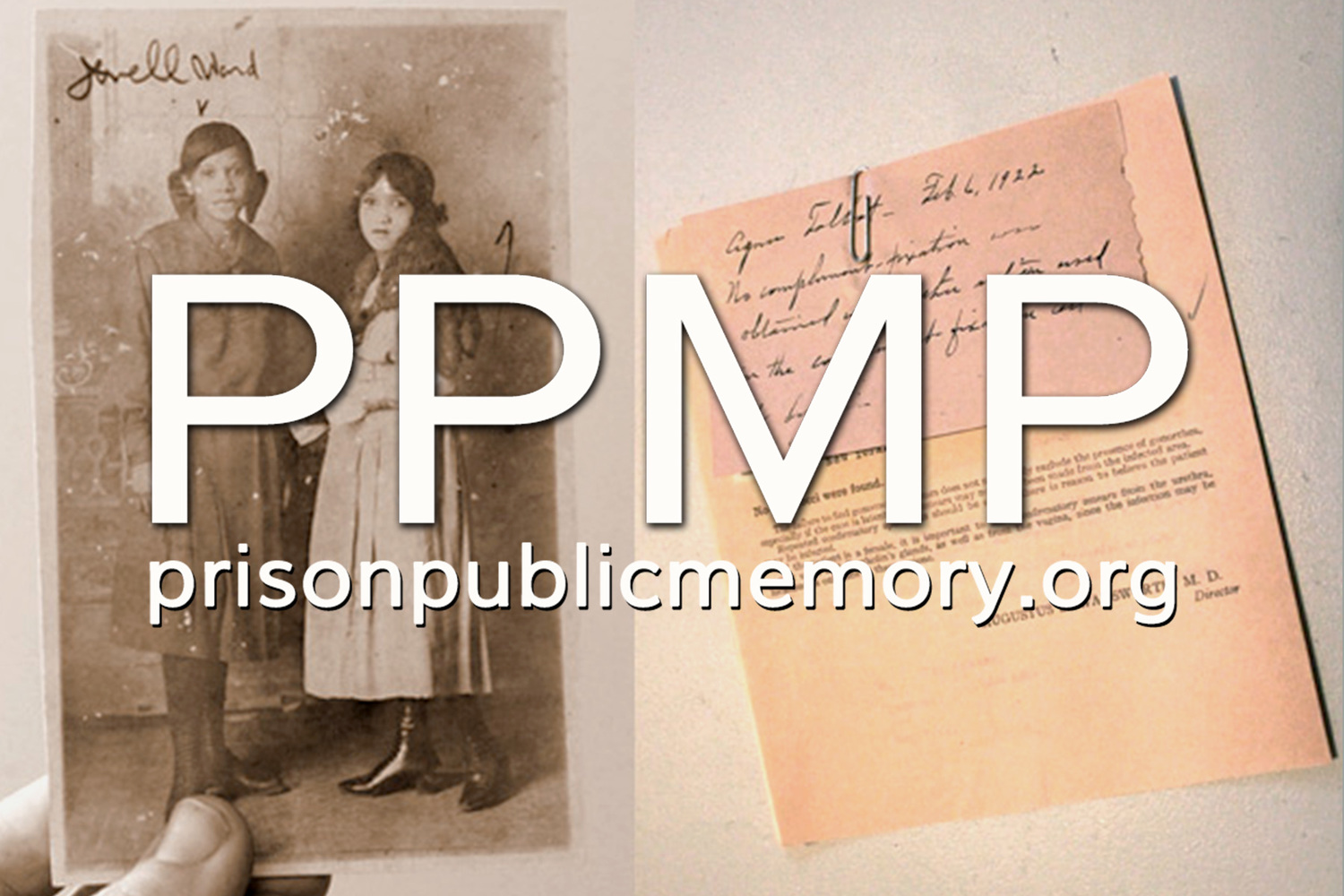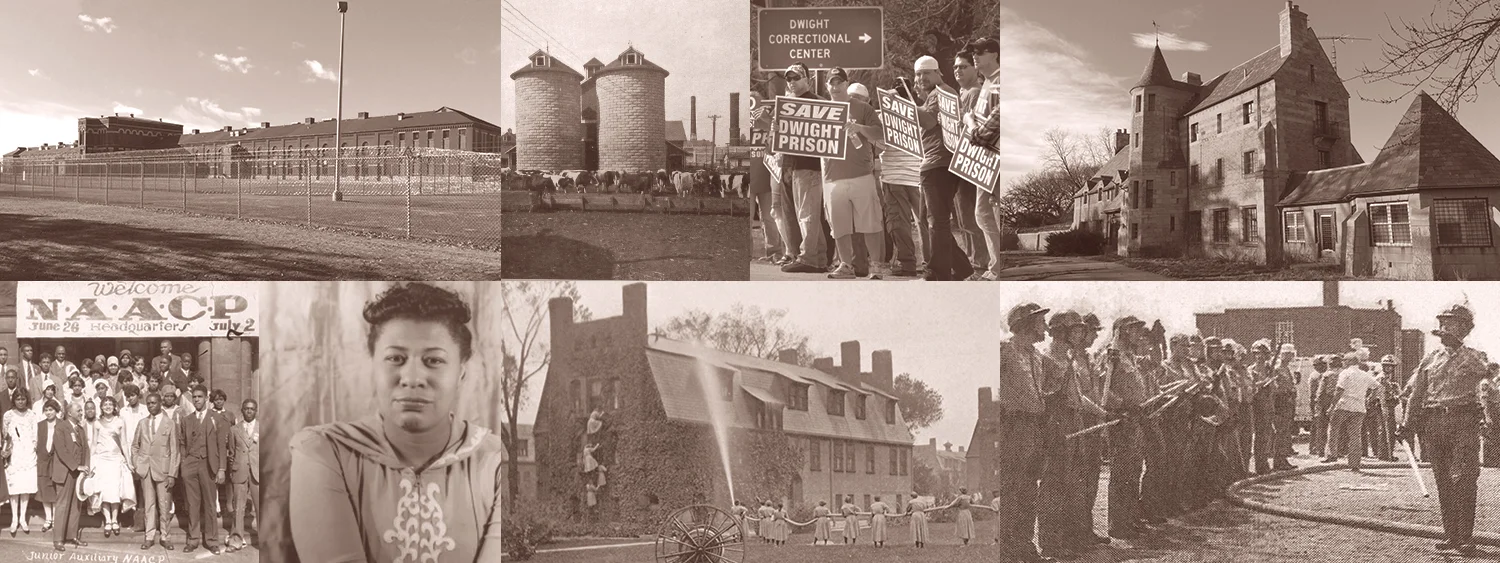If I Could Help Somebody
/Mary Alice Hughes worked as a 'cottage mother' at the NY State Training School for Girls in Hudson, NY for what she recalls as “over 25 years." Her last day on the job was also the last day for the Training School, which closed in 1975. In the short excerpt below from an interview conducted by Brian Buckley on Mary’s front porch in Hudson during the summer of 2013, she talks about that last day, her memories of what it was like at the Training School working with the girls, and what she took from that experience that she used in her life outside the Training School.
Mary was born in 1935. She passed away on May 5, 2015. She was a long-time resident of Hudson, having migrated there in the 1950’s from North Carolina where she worked as a sharecropper. Mary was a faithful member of the Shiloh Baptist Church in Hudson where she served many years. The Prison Public Memory Project would like to thank Quintin Cross for his assistance in arranging her interview.
“In the mornings they get up, they get showered, clean their rooms. That was the basic thing and then they’d prepare for breakfast. After they’d eat, the dining room had to be cleaned up. They had girls that worked in the kitchen; they had to do the dishes, clean up. [All the girls] cleaned the whole unit: the hallways, their rooms—everything had to be cleaned. And then they had to be ready to go to school eight thirty, nine o’clock. And they had to line up, call everybody off, make sure you got everybody, and they’d go to school in a line together.
“They had to go to school. There ain’t no if’s, and’s, or but’s. They’d be in school. They’d have different classes, like I said: English, history, the whole basic subjects. You had beautician and laundry—they had all different assignments and we had to make sure that they got there safely. And that was 24/7, seven days a week. That was a routine, scheduled program.
“I know when I left there [the Training School]. I can remember that. That was in 1975. It was a dramatic day, because we had to have everything cleaned up, boxed up—books and everything. And when we finished that, we had to lock the doors and get in our car and come home. And that was something, driving out of there knowing I wouldn’t be coming back in there tomorrow.
“But I don’t regret my experience working at the Training School. It was different, but I liked my job and what I was doing. And every day was not a happy day, believe me when I tell you. Sometimes I’d get frustrated and I’d feel like throwing my keys in and walking out and not coming back, but then I used to say: if I could help somebody as I travel along the way, then I feel my work is not in vain. And that’s how I felt about the Training [School]. If I could have helped some of those kids… ‘cause if something was to happen to mine, I’d want somebody to help them. I don’t expect to have helped everybody, but if I could have helped somebody…
“I learned a lot from the kids, also. I wasn’t all giving; I was receiving. And they used to share things that they liked and what they wanted to do and how they would like to have had their life. And being a teenager girl like that, I felt that it helped me, ‘cause I have three girls. I had no boys. But a lot of things that I learned how to deal with those girls helped me to deal with mine. And they made out pretty good…”

